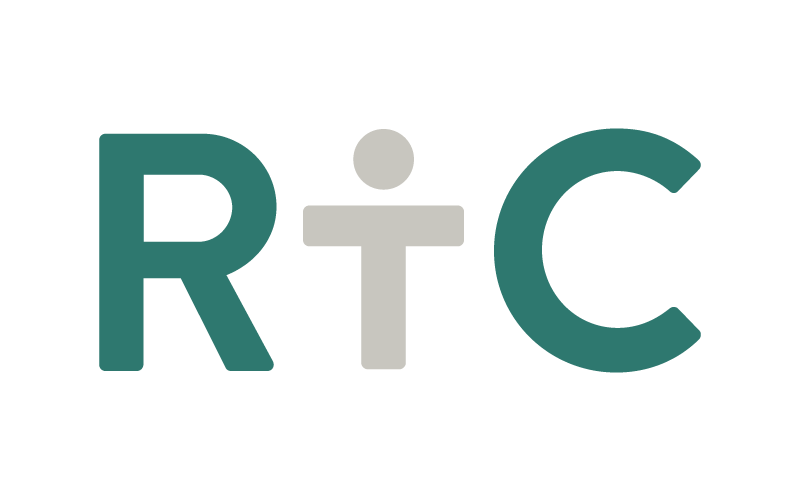Would it not be nice to know? If we knew today and tomorrow’s financial needs, we could easily make decisions regarding the distribution of our estate. Since we do not know, we must consider at least three options:
#1 Total Liquidity
This would keep all (or most all) assets easily accessible and available to meet emergency needs. Savings accounts, certificates of deposit, mutual funds, and other investment vehicles can typically be liquidated quickly and used to pay expenses.
On the surface, total liquidity may make sense. What if medical expenses or nursing care consume all liquid assets, and life continues?
#2 Total Non-Liquidity
This would keep all (or most all) assets “tied up” so that they cannot be easily used for emergency expenses. Irrevocable trusts, annuities, and life estate agreements may provide some protection of assets but also make them difficult to access if circumstances change.
Total non-liquidity may also seem like a good idea. What if we change our minds? Access to the asset and beneficiary designations on many of these types of agreements cannot be changed.
#3 A Combination of Both
Good financial planning would likely include a combination of liquidity and asset protection. Keeping a percentage of our assets available and setting aside a percentage to guarantee income for life may offer the best outcome and flexibility.
Of course, we will always need some income. Is there an ideal percentage that should be set aside to guarantee income? If you have a financial adviser, he or she can help you decide how much should be guaranteed and the form of that guarantee. Professional counsel can bring you a cost effective and comfortable plan.
Charitable Gifts Can Include Lifetime Income
In many situations, your charitable giving can be combined with your need for lifetime income. Charitable income agreements can provide tax advantages, such as a charitable deduction at the time the agreement is created, tax-free income, and avoidance of capital gains tax.
Charitable income agreements can be flexible, funded with many types of assets to provide for you, your spouse, and other individuals. When your need for income ends, the remaining assets in the agreement go to ministry.
If you would like to learn more about the power of charitable income agreements, please click the button below for your no-cost and no-obligation copy of A Guide to Charitable Income Agreements.

